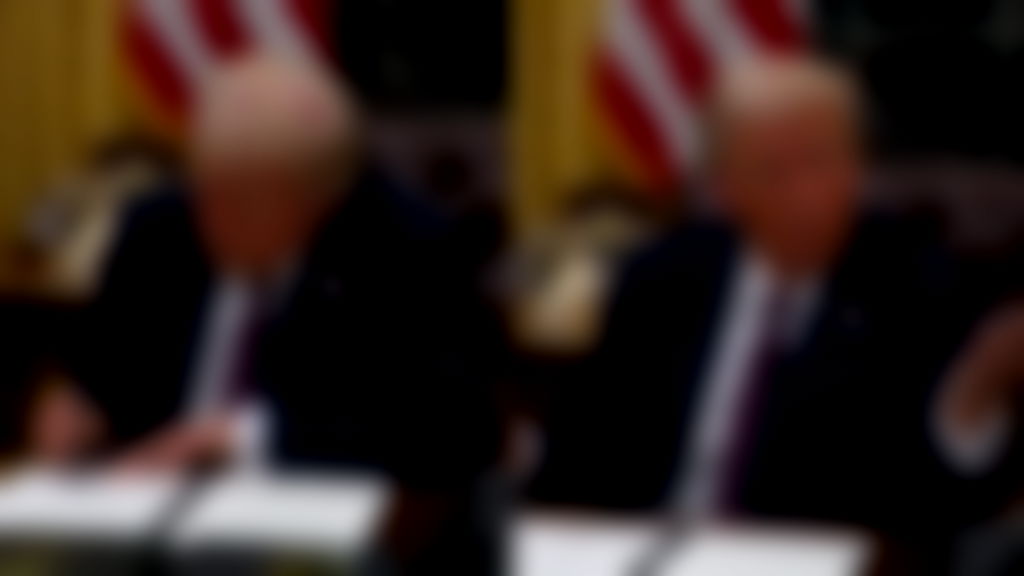Trump admin unveils plan to end birthright citizenship



By Carl Samson
The Trump administration has released plans to implement its executive order restricting birthright citizenship even as federal courts blocked the policy for the third time in less than a month.
How they’ll do it: The U.S. Citizenship and Immigration Services (USCIS), which processes immigration applications and visa petitions, released an implementation plan on July 25 limiting automatic birthright citizenship to children with at least one parent who is either a citizen or lawful permanent resident. Children whose parents are in the country unlawfully or hold temporary legal status — including parolees, Temporary Protected Status holders and deferred action recipients — would be excluded, while asylees, conditional permanent residents and refugees would remain eligible.
Other agencies have also developed new procedures requiring parents to prove their immigration status when applying for their children’s Social Security numbers or passports. For one, the Social Security Administration (SSA) has indicated that birth certificates alone would no longer establish citizenship for affected children, requiring additional documentation of parental status. The Department of Homeland Security (DHS), which oversees the USCIS, said it would develop measures to prevent immigration consequences for children born to parents with lawful temporary status.
The latest block: U.S. District Court Judge Leo Sorokin in Massachusetts issued the latest nationwide block on Friday, criticizing the administration for failing to explain how implementation would work as its approach defies legal principles. The ruling followed a 2-1 decision by the 9th Circuit Court of Appeals on July 23 declaring the executive order unconstitutional under the 14th Amendment. Earlier this month, U.S. District Judge Joseph LaPlante in New Hampshire granted class-action status to block the policy.
These court victories occurred despite a June Supreme Court ruling that limited judges’ authority to issue broad injunctions, though the justices allowed class-action lawsuits as an alternative mechanism for nationwide relief. The administration has indicated plans to appeal.
Why this matters: The administration’s plans would significantly impact Asian American families, particularly those on temporary work or student visas. “The question of a child’s citizenship in the United States ought not to be dependent on the stature or circumstances of their parents,” said Priya Purandare, executive director of the National Asian Pacific American Bar Association (NAPABA). Trump’s order directly challenges the 1898 Wong Kim Ark Supreme Court decision, which granted citizenship to a Chinese American born to non-citizen parents during the era of Chinese exclusion laws and established a precedent that has protected immigrant families for over a century.
Implementation would deny citizenship to more than 150,000 newborns annually, creating a generation without access to fundamental rights and services. “Since the Supreme Court’s decision, parents have lived in fear and uncertainty, wondering whether they should give birth in a different state, whether their newborns would be subject to deportation, and what kind of future awaits their children,” said Aarti Kohli, executive director of the Asian Law Caucus.
The case will likely return to the Supreme Court for final determination on both procedural and constitutional questions.
This story is part of The Rebel Yellow Newsletter — a bold weekly newsletter from the creators of NextShark, reclaiming our stories and celebrating Asian American voices.
Subscribe free to join the movement. If you love what we’re building, consider becoming a paid member — your support helps us grow our team, investigate impactful stories, and uplift our community.
Share this Article
Share this Article